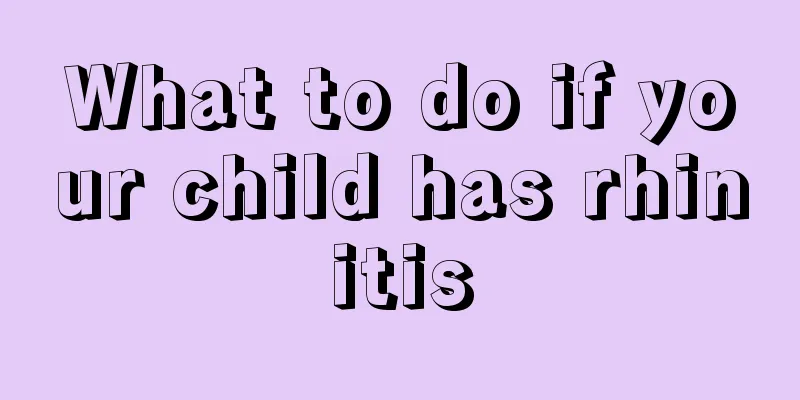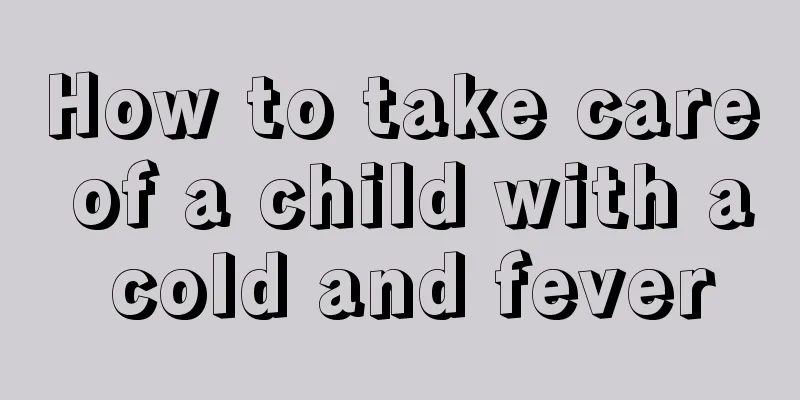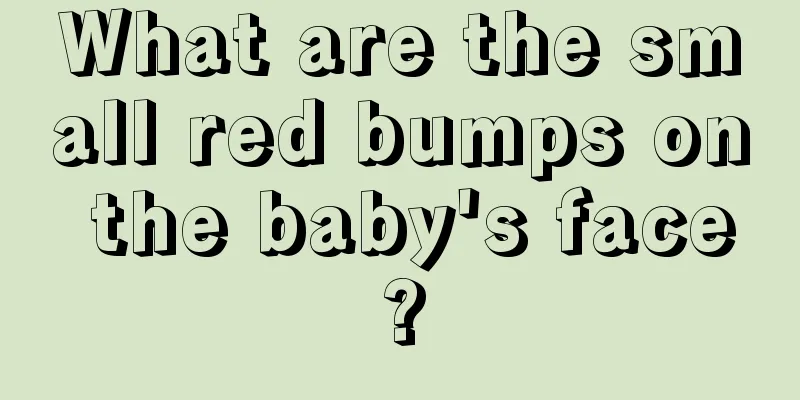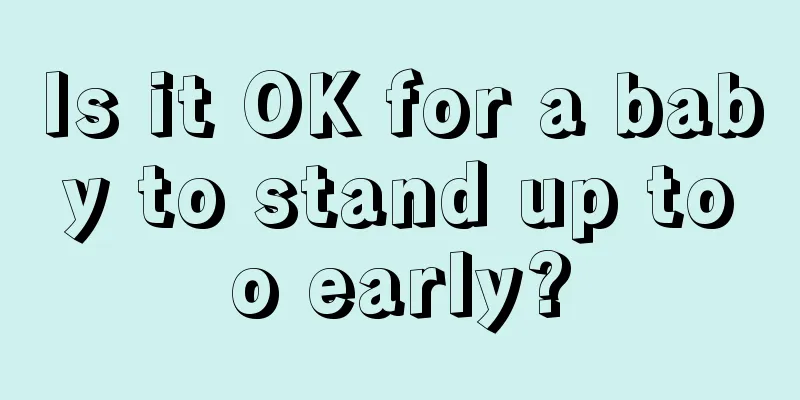What is the cause of the baby's snotty stool?

|
When a baby has snotty stools, it generally means he has diarrhea, which is what we often call a stomach upset in daily life. The baby's stomach is delicate and can easily cause diarrhea if not handled with care. But the baby has been breastfeeding, so how could it cause diarrhea? In fact, this has little to do with breastfeeding. There are many reasons for diarrhea. Especially in the hot summer, you should be more vigilant about your baby's diarrhea. So what does it mean when your baby has snotty stools? Before defining diarrhea in babies, we should first consider whether the baby actually has "diarrhea". Since the intestinal function of normal newborns is not yet fully developed, there are obvious differences in the stool characteristics of babies with different feeding methods. Therefore, when a baby has "diarrhea" symptoms such as frequent bowel movements and loose stools, it may not be possible to conclude that the baby has "diarrhea." For example, a breastfed newborn may defecate up to 7-8 times a day, or even 10-12 times. The stool is usually thin. If the baby is in good spirits, eats well, and has normal weight gain, there is no need to worry. Of course, for babies who are bottle-fed, if they defecate more than 5 times a day, or if there is mucus like snot in their stool, or if it contains a lot of water, they should seek expert examination and treatment in time. Symptoms: Breastfed newborns have more frequent, looser, and yellower stools every day. The baby is in good spirits, eating normally, and gaining weight normally. Countermeasures: Feed the baby reasonably, strengthen care, and pay attention to changes in the baby's spirit, appetite, and weight. Generally, no intervention is required. If true diarrhea is suspected, the following causes should be considered or prompt specialist treatment should be sought. Reason 3: Having a cold When babies have a cold, they often have diarrhea symptoms. Therefore, as long as the root cause of diarrhea - the cold - is cured, the diarrhea will go away naturally. Recovered. If you are worried that your baby may become dehydrated, you should give him oral rehydration fluids as appropriate. Reason 4: Allergy to milk powder 2-7 out of 100 babies are allergic to milk powder protein, and this symptom often occurs in babies aged 2-3 months. Newborns with hereditary allergies are more likely to develop allergic symptoms to milk powder protein. Symptoms: Refractory, non-infectious diarrhea for more than two weeks after feeding with milk or milk powder. The stool may be mixed with mucus and blood, accompanied by skin eczema, urticaria, asthma and other symptoms. Countermeasure: Feed the newborn with special milk powder according to the doctor's prescription. Symptoms: cold, diarrhea. Countermeasures: Intensify treatment of colds and prevent dehydration. Reason 5: Viral or bacterial infection The most representative diarrhea caused by viral or bacterial infection is intestinal rotavirus infection. Rotavirus is the main pathogen of diarrhea in infants and young children in autumn and winter. Diarrhea caused by rotavirus accounts for about 70%-80% of diarrhea in children in autumn and winter, so people often call it autumn diarrhea. The disease is most common in infants under 2 years old, especially those aged 6 months to 7 years. It is highly contagious and can spread in homes, childcare centres and pediatric wards. The disease is accompanied by vomiting and fever. If not treated promptly, dehydration symptoms may occur, so special attention should be paid. Symptoms: Yellow, watery or egg drop soup-like stools with large amounts of stool and no pus or blood. Rotavirus infection should be considered. If the stool contains mucus, pus and blood, bacterial enteritis should be considered. Often accompanied by vomiting and fever. Solution: Don't hesitate, seek treatment from a specialist immediately. The above introduction is very comprehensive and detailed, introducing the symptoms of baby diarrhea, the corresponding causes, and the coping methods. I hope it can be helpful to many mothers. If you are not sure what causes your baby's diarrhea, do not hesitate and go to the hospital for treatment as soon as possible. |
<<: What should I do if my 10-month-old baby has a fever of 38 degrees?
>>: What is the disease on the baby's feet
Recommend
What to do if children keep coughing
Children's physical health is an issue that p...
How can children eat to strengthen their physique?
I often hear mothers complain that their children...
What to do if your child coughs while sleeping
Now many parents report that their babies always ...
Psychological weaning period?
Psychological weaning is a common physiological p...
Baby chest rash
If parents find some red rashes on their baby'...
What causes the baby to not sleep at night?
What causes a one-month-old baby not to sleep at ...
Do babies need to take a bath every day?
If you are a mother of a child, you may have this...
One and a half year old baby has a bloated belly
If your baby has a bloated belly, the most likely...
Do children need to fast for physical examination?
When we take a new job, we need to have a physica...
How to train children's balance ability
Many young children now have very poor balance ab...
Can babies drink cantaloupe juice?
Babies need a variety of nutrients during their p...
What are the symptoms of sinusitis in children?
For families with children suffering from sinusit...
What is the problem when children have reached the age of tooth replacement but have not yet changed their teeth?
When children reach a certain age, they will star...
This signal from the child’s body is actually nutritional imbalance!
Many parents are very concerned about whether the...
The child was born with many red spots
Children's skin is usually very delicate. For...









